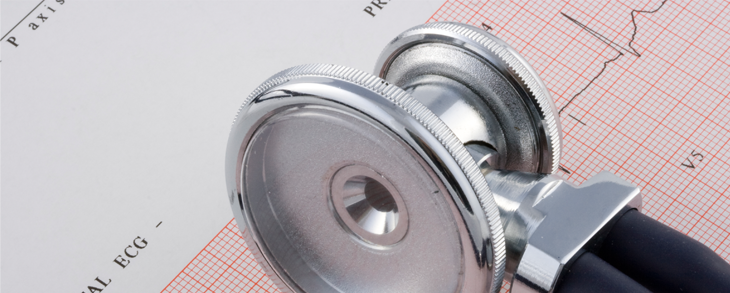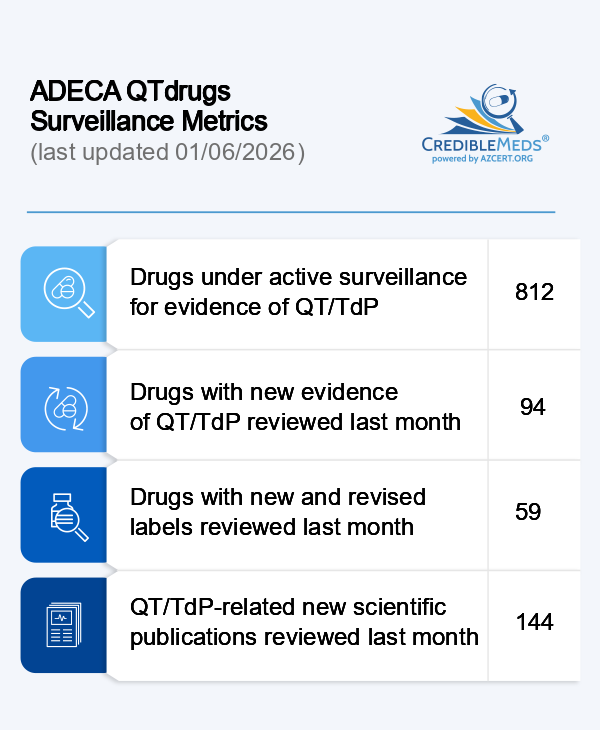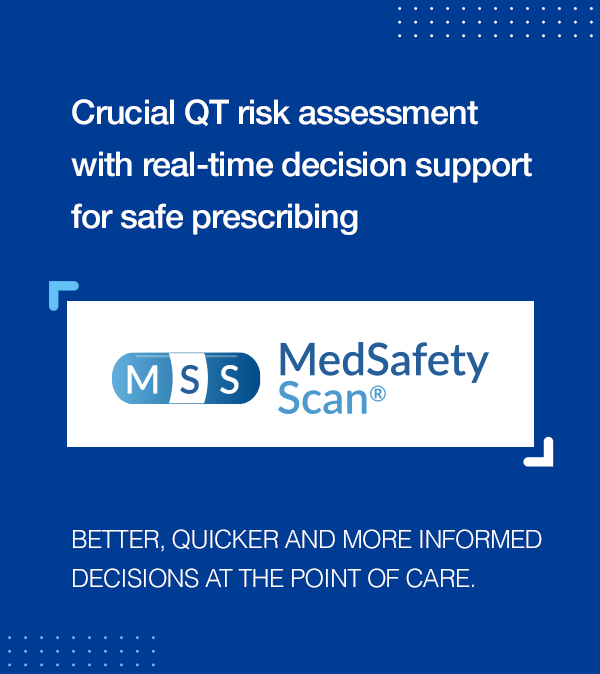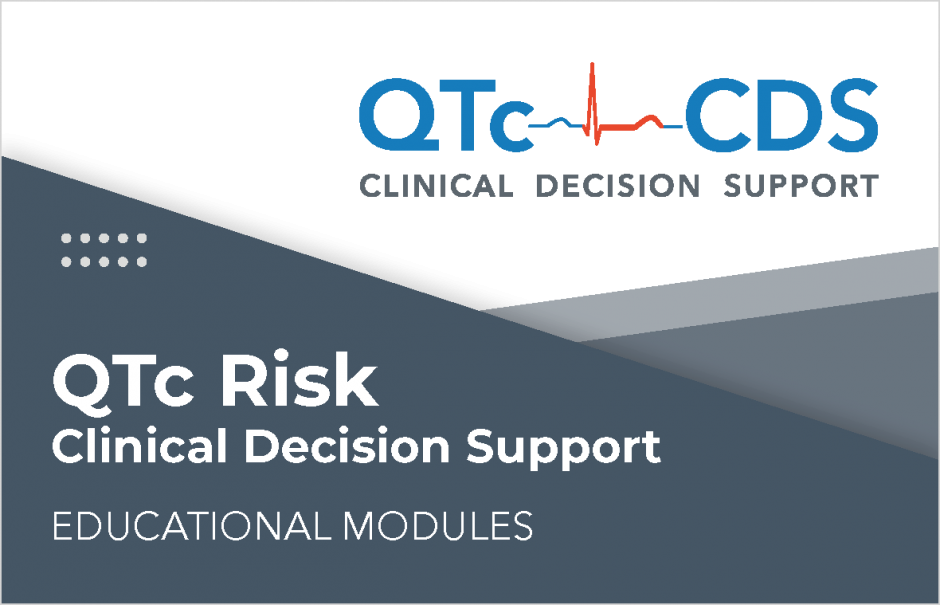
To reduce safely the costs of medicines …
Do:
-
-
Ask your doctor to instruct your pharmacist to fill your prescriptions with generic versions of the medicine, if one is available
-
Shop for your medicines only at reputable pharmacies known to you
-
Ask if the pharmacy gives a senior discount or discounts for “members” of their customer club
-
Ask your doctor if it would be advisable for you to receive a larger size pill and cut it in half with a pill-cutter (Also, ask your pharmacist to confirm that cutting the pill is a safe thing to do)
-
For long term therapies, ask your pharmacist if getting a 3 months supply would save money for you
-
Check prices at several pharmacies before filling the Rx - However, if you shop at multiple pharmacies… be aware that they may not spot dangerous drug interactions.
-
For very expensive medicines, patients with low income can qualify to obtain the medicine free or at big discounts from the manufacturer.
-
Don’t:
-
-
Order prescription medicines from the internet or buy them in Mexico – up to 80% are counterfeit and may contain toxins
-
Order from Canadian pharmacies – most are actually in Asia or the middle east
-
Skip pills to save money – can be dangerous to start and stop some medicines
-
Split pills unless approved by doctor AND pharmacist
-
Fill Rx at multiple pharmacies unless one pharmacist has a record of all of your meds and checks for Drug-drug interactions.
-
Waste money on pills that don’t work – dietary supplements or homeopathic remedies
-
Take medicines meant for another person
-
Keep left-over pills so you can take them next time you think they might be helpful
-
-
The pills may have expired
-
Your diagnosis may be wrong
-
They can be stolen by burglars (especially opiates)
-
-
-
Final “Do”: Do visit CredibleMeds.org and learn how to become the most important member of your healthcare team and help manage your medicines intelligently.
1). AARP Report: http://www.aarp.org/about-aarp/press-center/info-02-2016/report-retail-prescription-prices-increasing.html
2). Consumer Survey: http://www.consumerreports.org/cro/2012/09/sluggish-economy-forces-americans-to-cut-corners-to-pay-for-medications/index.htm











